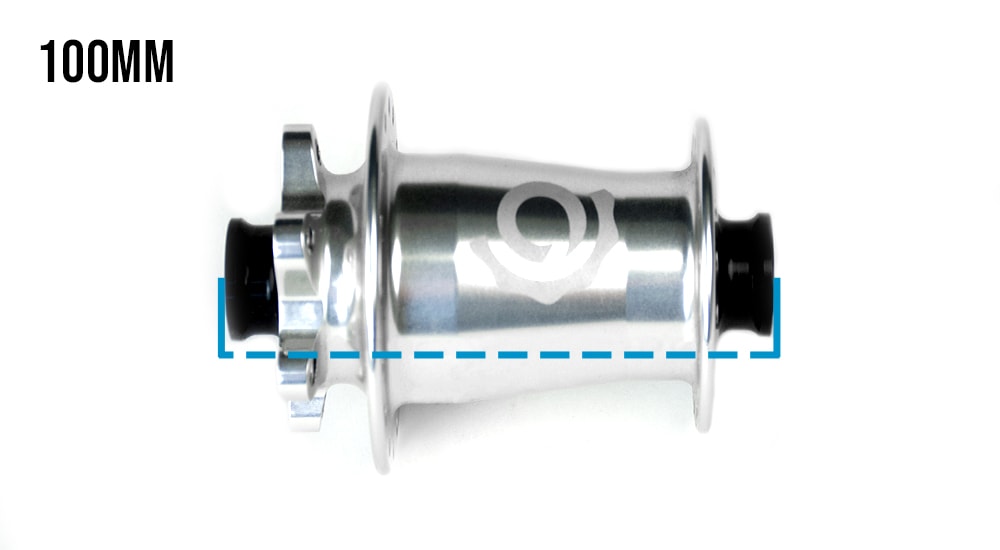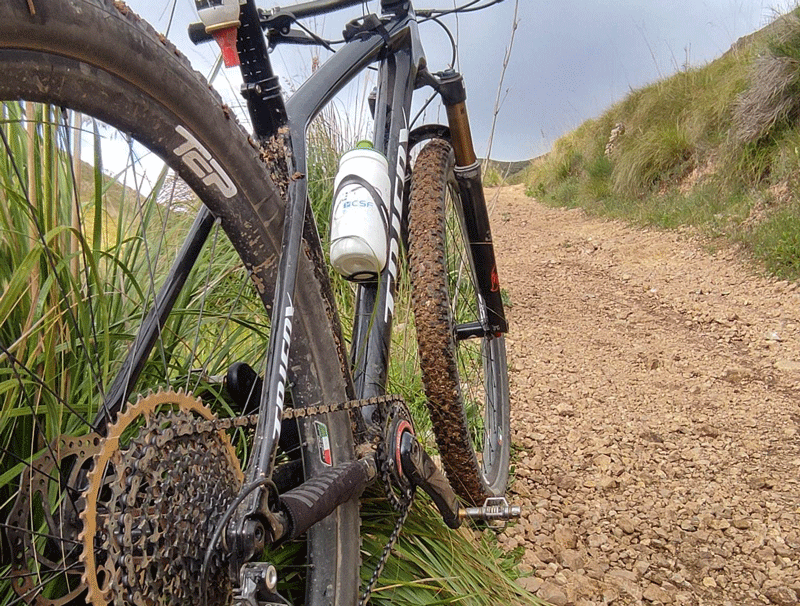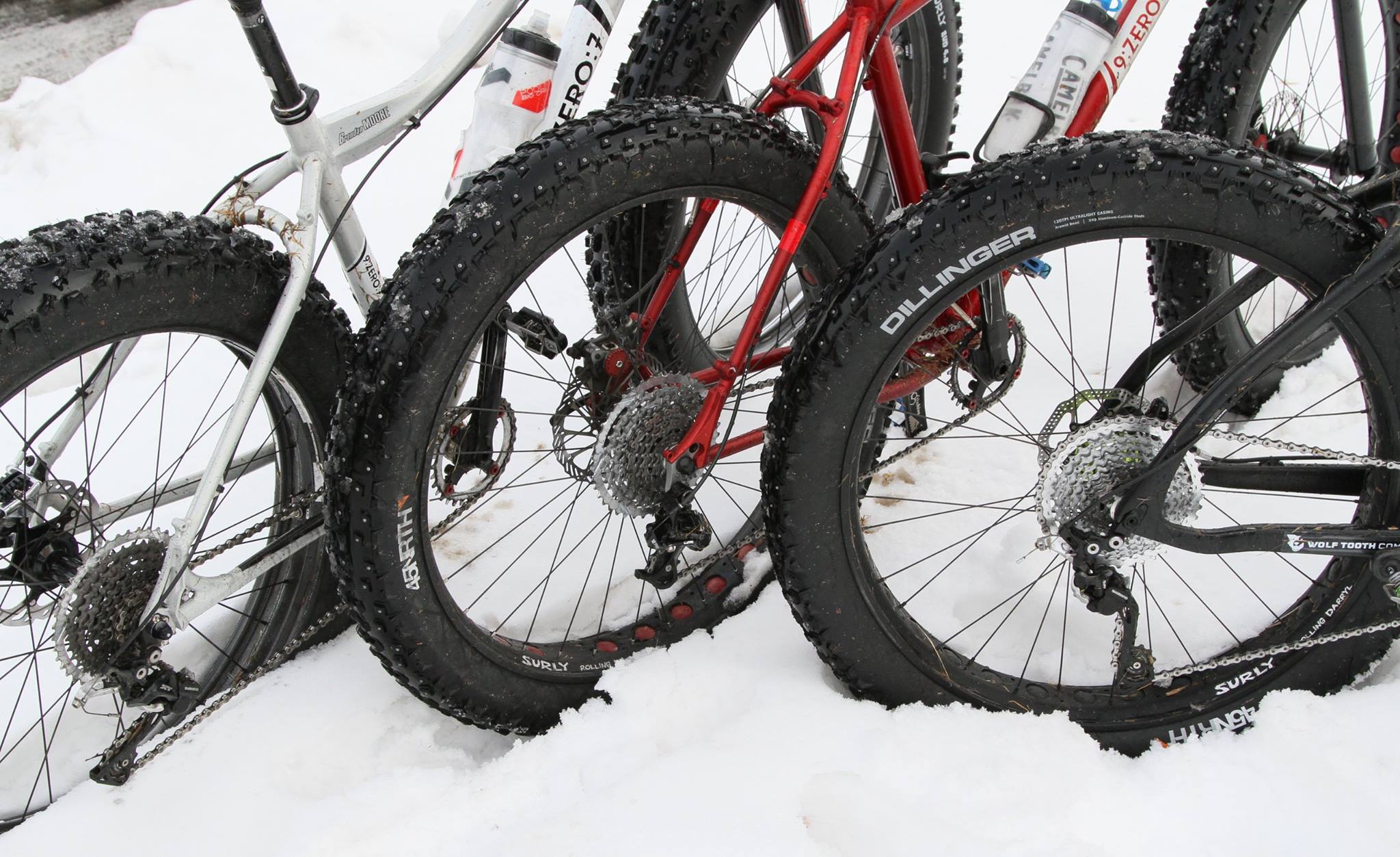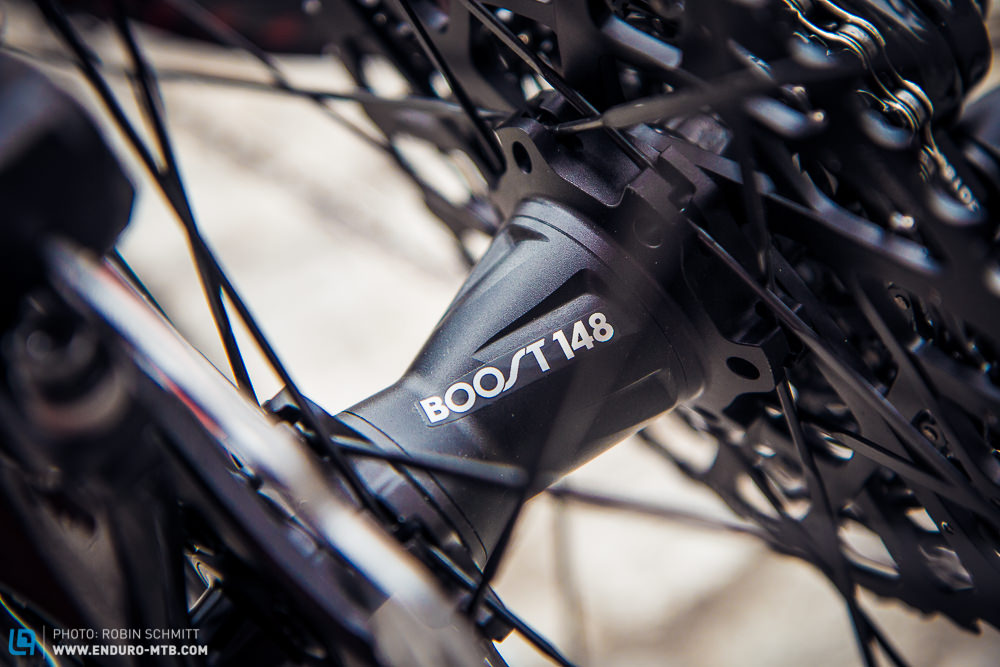Roads & PavementRoads & Pavement
Barefoot
Minimal
Low
Medium
High
Maximal
All around running shoes offer comfort and cushioning for daily runs, jogs, walks, and long mileage. They offer enough versatility for both faster and slower runs and are a great option for those who want one running shoe to do it all.
Fast run or uptempo running shoes are lightweight and responsive. They offer streamlined designs that have minimal uppers and offer a high level of energy return. These shoes are a great option for faster runs in the week or those looking for a livelier experience.
Max Cushion shoes offer premium cushioning with ample ground protection and a stable ride. These types of shoes provide abundant impact protection that softens landings while running at any pace or distance. These types of shoes are best for slower recovery runs and easy days where comfort takes priority.
Racing shoes are designed with optimal performance in mind. These types of shoes have snug-fitting uppers, energetic midsole foams, and features implemented for maximum efficiency. These types of shoes are best for runners looking to gain the ultimate advantage in races but may sacrifice some durability and comfort.
Gym Workout shoes offer a stable and versatile ride. They have a firmer underfoot feeling that provides stability for lateral movements with comfortable uppers. These types of shoes are best for trips to the gyms, cross training, casual wear, and light running. Standard Boost And Super Boost What s The Difference NOBL Wheels
Road running shoes feature smooth outsoles that are designed for running on paved surfaces such as roads, sidewalks, and bike paths.
Designed to handle most trail runs, these shoes prioritize comfort and a smooth ride. These shoes are great for anything from smooth singletrack, park trails, and fireroads making them ideal for those who run from their doorstep on streets before hitting the trail.
These shoes are best used for hard, rugged trails such as shale, granite or sandstone where grip on smooth surfaces and underfoot protection are important.
Designed for use in muddy, soggy conditions, these shoes feature very aggressive outsoles that dig deep into soft ground for exceptional traction.
These shoes feature technical outsoles designed to grip snowy and icy trails making them ideal for winter trail running.
Cushioning level, or stack height, refers to how much shoe is between your foot and the ground. For this category, we reference the amount of cushioning below the forefoot as the heel height will be equal to or greater than the forefoot height.
Understanding Hub Spacing Standards What You Need to Know
0-13mm. The Shoe generally does not have a midsole and feels like there is no cushioning. This shoe is all about feeling the ground underfoot.
14-18mm. The shoe has a thin midsole that allows for a natural running experience. Racing shoes and minimalist shoes are common here. These shoes offer a feeling of being connected to the road or trail.
19-23mm. The shoe has a slightly cushioned feel and may feature added cushioning technologies. Performance training shoes and some trail shoes are common here. These offer protection during footstrike but prioritize a lightweight, grounded experience.
24-28mm. These shoes have a stack height that fall near the middle of the spectrum.The shoes in this category are verstaile and great for all types of runs and distances.
29-34mm. The shoe has a thick midsole and ample cushioning. These shoes are highly protective and absorb more impact than the body.
35mm plus. The shoe has an extremely thick midsole and extra cushioning. The focus is on protection and soft foam underfoot with hardly any ground feel.
Neutral shoes support the foot through a normal range of arch collapse and generally do not have a built-in technology to correct movement.
Stability shoes are a great option for those who overpronate or need added support. These shoes help to limit the inward rolling motion of the ankle while running or walking and assist in guiding the foot straight through the gait cycle. Tech Speak Decoding Fatbike Hub Spacing and Drivetrain
Product Details:
What is 20mm DH Boost Spacing 2025, How to Adapt an Old MTB Wheel to a New Boost Fork DIY Mountain Bike 2025, Bicycle Hub Standards Explained GearJunkie 2025, What is 20mm DH Boost Spacing 2025, Tech Talk What s the Boost standard all about ENDURO 2025, Is this the correct way to turn my 135 mm rear hub into a 130 mm 2025, Tech Speak Decoding Fatbike Hub Spacing and Drivetrain 2025, Understanding Hub Spacing Standards What You Need to Know 2025, Standard Boost And Super Boost What s The Difference NOBL Wheels 2025, Vintage bike rear hub spacing r bikewrench 2025, 1 Pair MTB Quick Release Bicycle Hub Road Mountain Bike Front 2025, Standard Boost And Super Boost What s The Difference NOBL Wheels 2025, Hubs Axles Dimensions State of the Art bike components 2025, Boost spacing what is it and should you invest in Boost equipped 2025, Biking 101 Hubs Blister 2025, Explainer Road Boost is a new road bike wheel standard here s 2025, 148mm boost and 150mm DH hub Singletrack World Magazine February 2025, Dropout spacing Changing www.bikecad 2025, Vintage bike rear hub spacing r bikewrench 2025, Hub measurement for bicycle wheelbuilding BikeGremlin 2025, Can You Put a BMX Hub on a Mountain Bike Brainy Biker 2025, MBA Tech Making Sense Of Rear Wheel Spacing Mountain Bike 2025, Super Boost Plus 157 rear axle standard is it here to stay 2025, Road Boost Spacing Wheelworks 2025, FAQLoad Specialized 142 hub in Banshee Spitfire 2025, Rear Hub Spacing Mtb 2024 favors 2025, Knolly Moves to 12 x 157mm Rear Axle Spacing 157TRAIL Mountain 2025, Bike Bicycle Rear Hub Width Spacing Adapter 130mm Turn to 135mm 2025, MBA Tech Making Sense Of Rear Wheel Spacing Mountain Bike 2025, Rear Hub Spacing r bikewrench 2025, MBA Tech Making Sense Of Rear Wheel Spacing Mountain Bike 2025, Cold Setting A Bike Frame 126mm to 130mm Hub Spacing 2025, 1 Pair MTB Quick Release Bicycle Hub Road Mountain Bike Front 2025, What is measured by hub size Bicycles Stack Exchange 2025, Free fly MTB Quick Release Bicycle Hub Road Mountain Bike Front 2025, Bicycle Hub Standards Explained GearJunkie 2025, Bicycle chainline explained BikeGremlin 2025, Rear Hub Spacing Mtb 2024 favors 2025, Tech Talk What s the Boost standard all about ENDURO 2025, Bicycle Frame Hub Spacing 2025, Hub measurement for bicycle wheelbuilding BikeGremlin 2025, Hub Width Explained Wheelworks How To YouTube 2025, SRAM promotes Boost wider front and rear axle spacing and 2025, Tech Talk What s the Boost standard all about ENDURO 2025, Rear Hub Spacing r bikewrench 2025, Frame Spacing Hub O.L.D. information Halo Wheels 2025, Frame Spacing Hub O.L.D. information Halo Wheels 2025, Road Boost Spacing Wheelworks 2025, Hub 2025, Super Boost Plus 157 rear axle standard is it here to stay 2025, Product Info:
Mtb rear hub spacing 2025.
- Increased inherent stability
- Smooth transitions
- All day comfort
Model Number: SKU#7271990





